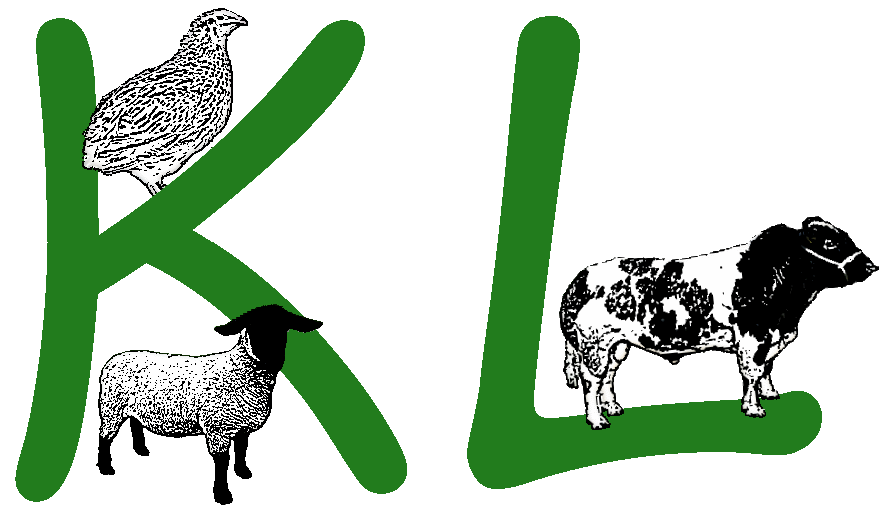Cattle
The 2010 born calves are being fed fodder beet, malt nuts and straw and are growing well. Around 50 of our cows are due to calve soon, they will be calving from February to April.
Beef
We are currently taking orders for freezer packs of Kersey Beef because we are planning to have some of the 2009 born cattle butchered soon, if you are interested please give us a ring on 01787 210859 or visit www.kerseylivestock.co.uk/beef for more info.
Sheep
The sheep were pregnancy scanned just after Christmas, 104 ewes were scanned, 4 were empty and have now been culled. 16 were carrying singles, 62 twins and 22 are due to have triplets. This results in 206 lambs due at an average of 1.98 lambs per ewe. This is an unusually high number of triplets meaning we should get lots of bottle lambs because the ewes can only raise 2 lambs each. The sheep have been grouped into singles, twins and triplets and are being fed accordingly (less food for the singles, more for the triplets). Lambing is due to start on the 10th March.
Quail
We have set 100 eggs in our incubator which are due to hatch on the 27th January. Quail eggs take 17 days to hatch, the quail chicks start growing feathers after just a few days and are laying eggs by the time they are 6-8 weeks old. They will then lay 280-320 eggs per year for about 18 months and then the laying will start to tail off and they will die after just a handful of years. We keep 2 breeds of quail, Japanese and Italian laying quail. The Japanese (brown with yellow speckles) are bigger than the Italians (cream with brown speckles) but the Italians lay the same size eggs. Japanese quail lay approximately 280 eggs per year whereas Italian quail lay 320. Unlike chickens, quail will lay in the evenings between 5 and 7 pm so we go and collect eggs in the evenings and then David and I will package and label the eggs ready to sell.
Beet
The unharvested sugar beet were damaged by the frost and cold weather before Christmas, but the mild weather has allowed them to “grow” the damage out. We still have about 700t of sugar beet in the ground and are waiting for some drier weather to lift them. The fodder beet have been completely killed by the frost and are rotting in the ground, these need lifting ASAP to make the best of them. The usual fencing, hedging, ditching, machinery and building maintenance jobs are ongoing.
